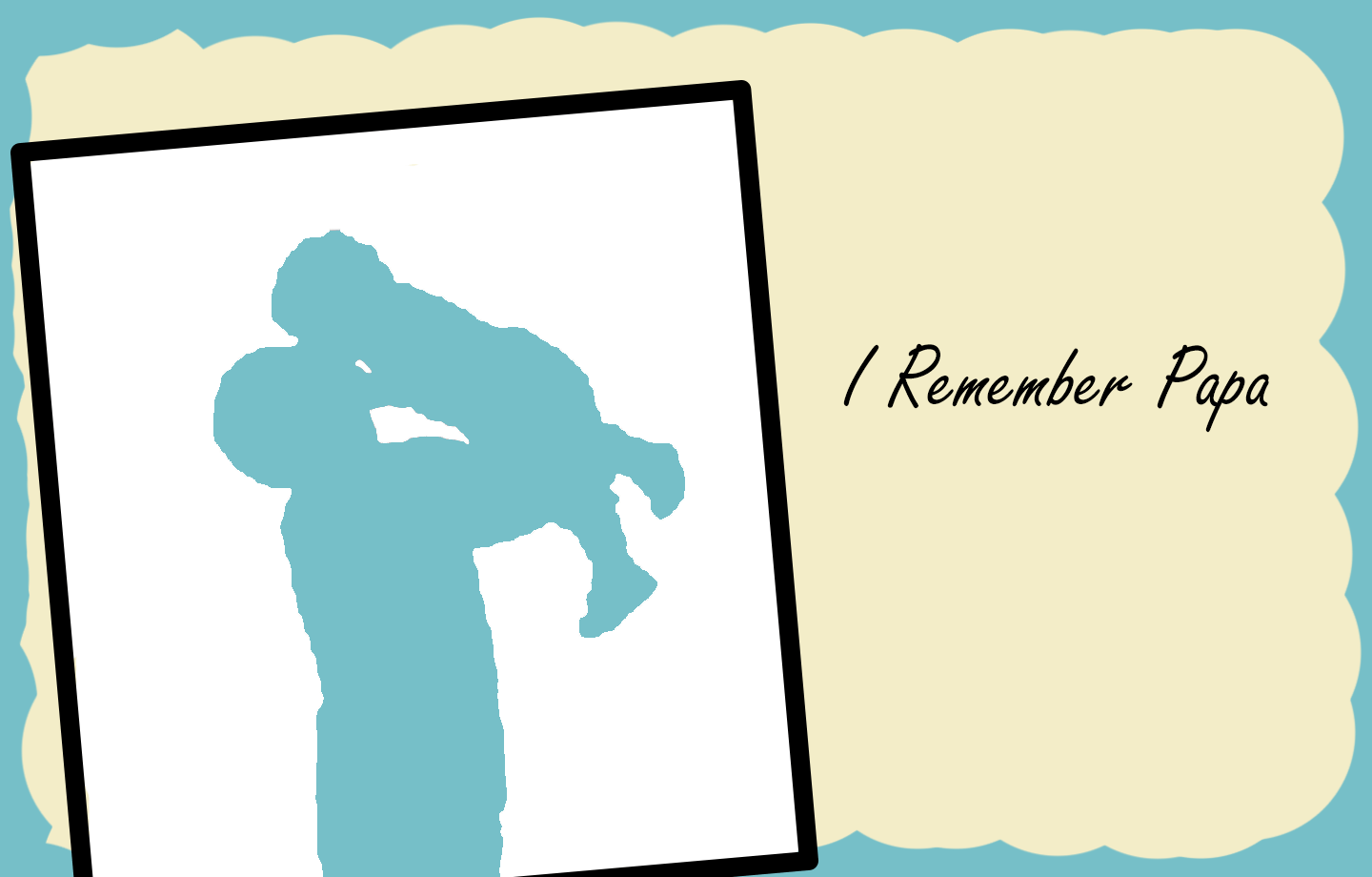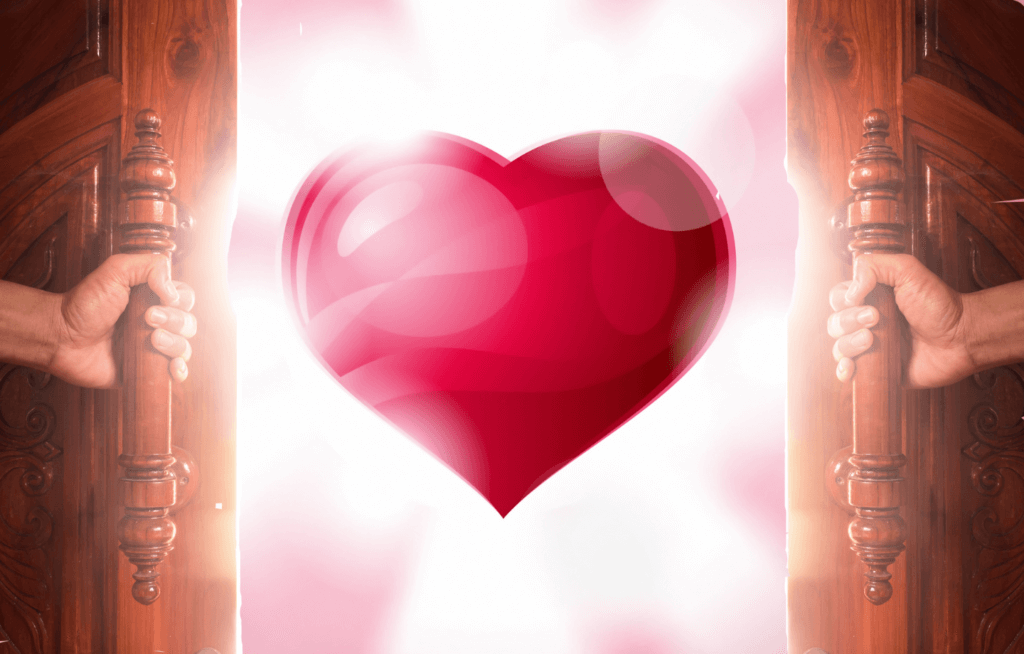
- This event has passed.
I Remember Papa
Sunday, June 20 @ 10:30 am - 11:30 am


The celebration of Fathers Day, with one woman’s memories and a tribute to her famous father. Reverend Furrer will be preaching.
how to attend
• To virtually attend, please Zoom in using room number 989 3107 9078, passcode: chalice.
• To phone into the service, call 669-900-6833, Meeting ID: 989 3107 9078.
For those joining, please mute as soon as you enter the room, so everyone can hear. Please note, the services will be recorded, but at this time, there are no plans to share the recording.
More Information
If you don’t have a chalice, but want to light one, check out our Making a Chalice at Home page.
Service is followed by Coffee Hour.
Children’s Story
Sermon Audio
I Remember Papa
Sermon Text
Most of my sermon this morning is one woman’s reminiscences of her dad. A dad who was, or became, a well-known and powerful player in the 20th century. All of us here have probably heard or read about him. Many of you probably even saw him a few times—if not actually in person, then on television or a newsreel. I invite you, as I recount the memories of his daughter, to close your eyes and imagine yourself in her shoes. Perhaps some of you will guess before I reach the end, who her father was….
* * *
I remember Papa. I remember, after Mama died, how gentle and loving he was to me. We both missed Mama a lot. I was only seven years when she died.
This was the second time Papa had been widowed—he never married again. “In spite of her youth my mother, who was thirty-one when she died, was respected by the entire household. She was very much loved by everyone. She was intelligent, beautiful, extraordinarily gentle and considerate in every relationship. At the same time, she could be firm, stubborn, unyielding when she felt that a conviction could not be compromised. No one but she could have brought about unity, even harmony, in a family of such strikingly varied personalities. She was the acknowledged head of the household.” [Twenty Letters to a Friend, pp. 34-35.]
“We had a home just like other people, with friends, relatives, children and family holidays. It was true of our apartment in the city, and it was especially true of [our summer house.]” Papa had transformed it from a gloomy gabled house into a sunny, abundant estate with flower and vegetable gardens and all sorts of useful outbuildings. My nurse was forever sending me to the terrace downstairs where Papa would be at work. “’Go take these currents to Papa’ or ‘Bring Papa some violets’ or ‘Take him some Lilies of the Valley.’ I would go trotting off and be rewarded no matter what I brought, by a warm. Tobacco-scented kiss from my father and a word of mild admonition from my mother.” [20 Letters, p. 34]
After she died, Papa did his best to keep our home a happy, normal environment in which to grow up. Sadness caused him to sell the old summer camp and to build “…a wonderful, airy, new [one] among the woods and flowers. I remember how the whole family came to see [it.] And how noisy and cheerful it was. The house was happy and full of people as it had been in my mother’s day. [20 Letters, p.19]
Even before Mama’s death, Papa was the warmer and more affectionate of my parents, “always carrying me in his arms, giving me loud, moist kisses and calling me pet names like ‘little sparrow’ and ‘little fly.’” [20 Letters, pp. 95-96]
Sometimes he would send me letters in the mail “…printed in big block letters. His letters always end: ‘I kiss you.’ My father liked to kiss me until I was grown up. And until I was about sixteen, he used to call me ‘Housekeeper,’ because he wanted me to be his housekeeper and take an active part in running the household, like my mother.” [20 Letters, pp. 96-97]
As I got older, I came to realize that Papa had many important responsibilities. All kinds of people depended upon him, not only me. Often, he would work into his office late into the night. But he came home “to dinner every night. Before he’d even taken off his overcoat, he’d come down the corridor past my room and shout, ‘Housekeeper!’ I’d put down my homework and rush to the dining room, a big room lined with bookshelves…. It was generally seven in the evening when dinner was served and went on for two hours. I just listened while the grown-ups did the talking. After a while, my father would ask me how I’d done in school that day. Since my marks were excellent until I got to the eighth grade, he was always very proud. They’d all sing my praises and send me off to bed.
“[Sometimes when] my father would leave late to spend the night at his office… he’d come to my room in his overcoat to kiss me goodnight as I lay sleeping. He liked kissing me while I was little, and I’ll never forget how tender he was with me. [20 Letters, pp. 143-144]
As I got older, however—like many teenagers—our relationship became more strained. But we did enjoy going to the movies together…. And I liked our walks in the garden and woods. He’d ask me the names of various flowers and grasses and what sort of bird was that singing? All this was lore I had learned from my nurse. But then he’d sit down in the shade somewhere with his newspapers and official documents and begin reading. At that point he didn’t need me anymore. I’d get restless… and long to leave as quickly as possible. [20 Letters, pp. 145-146]
Despite his position as a vanguard, Papa was very puritanical when it came to what I wore. I remember once when he insisted I wear a ridiculous pair of bloomers to cover my knees. “But, Papa,” I wailed. “Nobody wears them like that now!”
“That’s no reason as far as he was concerned. They made me a pair of long, foolish-looking bloomers and a dress that came below my knees, and I only wore them when I was going to see my father. Later I shortened the dress little by little and he never noticed, because his mind was on other things. I soon went back to dressing exactly as I had before. [20 Letters, p. 155]
In 1941 the war started, and after that “…even our infrequent meetings came to an end, and he and I drifted apart. After the war we were never really close again. Both of us made overtures, but “…we were very far apart, and both of us knew it…. Each was ruffled and upset by the other. Each of us suffered and was sad. Why must life be so absurd? And each of us thought the other was to blame. [20 Letters, p. 196]
Simply put, “…he was difficult to talk to…. We had nothing to say to one another. When we were alone, I’d rack my brain to think of something to talk about. It always felt as though… I was shouting to him…but an isolated word here or there was all that was getting through. Only scattered words of his got through to me, too, and you can’t have much of a conversation that way. It was easier when we went walking. And he enjoyed having me read him his newspapers and magazines aloud. He had aged. He wanted peace and quiet. Rather, he didn’t know himself just what it was he wanted. In the evening we looked at old, prewar movies… which he liked very much, and films by Charlie Chaplin. [20 Letters, pp. 190-191]
In 1948 he sent me to the shore with my son Joseph and my niece. I had a letter from him while I was there: “Come by the 10th and we’ll go south together. I send you a kiss. Your little Papa.” He wanted us to go on vacation together as we had the year before. But I decided against it. Papa was so isolated from everyone by this time, so elevated, that he seemed to be living in a vacuum. He had not a soul he could talk to, including us. [20 Letters, p. 193]
A few years later, in the winter of 1953, I was called to his bedside. It’s a strange thing, but during those days of illness… I loved my father more tenderly than I ever had before. During those days… I felt my heart breaking for grief and love…. He was, after all, my father, a father who had done his best to love me and to whom I owed good things as well as bad. All those days I couldn’t cry and I didn’t eat. Grief and a sort of calm had turned me to stone.
“My father died a difficult and terrible death. God grants an easy death only to the just.” But not to my father, Josef Stalin. [20 Letters, pp. 9-10]
Moments after he died, Papa’s “servants and bodyguards came to say good-bye. [I could tell] they felt genuine grief and emotion. Cooks, chauffeurs and watchmen, gardeners and the women who waited on the table, all quietly came in. Then went up to the bed silently and wept. They wiped their tears away as children do, with their hands and sleeves and kerchiefs. [20 Letters, p. 12]
None of them ‘…looked on him as a god or a superman, a genius or a demon. They loved and respected him for the most ordinary human qualities, those qualitied of which servants are the best judges of all. [20 Letters, p. 14]
No, none of Joseph Stalin’s personal servants looked on him as a god or superman, or demon. Nor did his daughter, Svetlana Alliluyeva, from who’s autobiography [Twenty Letters to a Friend] this sermon has been drawn. She was one of the few people who knew her Papa as a human being. Others knew him only as “The Man of Steel” or Comrade #1, the highly propagandized demigod of the cult of personality. And one of—if the the—greatest mass murderers in history. A brilliant organizational and operational strategist, he rose from General Secretary of the Central Committee of the Communist Party in 1922 to undisputed master of Russia by the time our author, the “Little Housekeeper” Svetlana, was four years old. His adroit manipulation of the party and the bureaucratic machinery, laced with terror and the coercive use of the police and the courts, resulted in the Great Purges of 1934 through 1938.
A loving, affectionate dad around the dinner table while at the very same time he was sending millions of people, communists and non-communists alike, into the nightmare of arrest, torture, slave-labor camps, and execution. Svetlana’s “Little Papa” killed more communists than any right-wing or fascist dictator ever did.
* * *
What can we learn from this?
That no person is entirely good or evil. Even the very good have some evil in them. And even the reprehensible have something good. Who can doubt, from this account, that Joseph Stalin was an altogether human, loving and doting father? Who can doubt, either, that that is not enough?
As we hear excited cries from the Religious Right that “cancel culture” is threatening “family values” —remember: the key to good citizenship and to being a religious person is not how much you love your family. It’s how much you love those who are different from you. People who are poor, or of a different race, or class, or ethnicity, or sexual or gender orientation. Samaritans and publicans.
We here at East Shore Unitarian Church have long been a Welcoming Congregation. But what does that mean? Specifically, it’s an adult program that focuses on being welcoming to LGBTQ persons, but it’s really a bigger issue than only that, as its authors repeatedly make clear. To be truly welcoming we must reach out—intentionally—to all sorts of people that, while they may agree with us spiritually and philosophically, present as different. Who speak English with an accent, who work the night shift, who like to hunt. People who arrive on the bus or in a special assistance van or who walk to get here. People with large families, or broken families, or no family at all. Beginning next weekend, our church will be kicking off a Welcoming Congregation Renewal program during which we’ll revisit and recertify our pledge.
This is cutting edge work. It requires confronting our individual issues. It means thinking about aspects of our culture, but also of our individual natures that we may feel uncomfortable about. It means reaching out, as Jesus asked his followers to do, to people who may at first appear quite different from oneself. But remember: “if you only love those who love you, what reward do you have? Do not even publicans do the same? And if you greet only your brothers and sisters [your siblings], what more are you doing than others? Do not even the publicans do the same?” [Matt. 5:46-47] As I said only moments ago, it is not enough to love your family. It’ not enough to love folks who look and think and act just like you do. Anybody can do that. The truly radical, and loving choice is to reach out to everyone, even those who are different. And make them welcome. Invite them in.
Had Stalin done that, perhaps Marx and Engles’ vision of an enlightened state could have been realized. If we can do that right here at 12700 SE 32nd Street, I believe Josiah Royce’s and Martin Luther King’s vision of Beloved Community would blossom and bloom among us like never before. I ask you to join me in making that a goal this coming year. Blessings be. And amen.
More Videos


